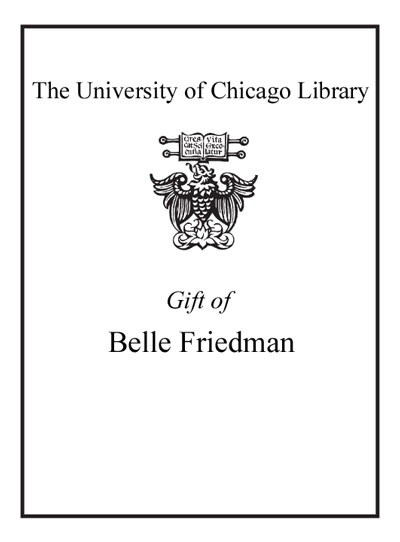Review by Booklist Review
In her latest culinary history, Wallach (Every Nation Has Its Dish, 2019) focuses on African Americans, from exchanges with Native Americans and Europeans prior to and during the transatlantic slave trade through Reconstruction, Jim Crow, the civil rights era, and the Obama White House. What becomes clear in explaining what African Americans ate is how much control white Americans exerted over nearly every aspect of food in Black lives then and now. Conversely, Wallach shines a light on Black cooking entrepreneurs, family cooks, and domestics, as well as explores lunch-counter sit-ins, cookbooks, appropriation and outright theft of recipes, families housing and feeding civil rights leaders across the country before the desegregation of hotels and restaurants, the question of whether it's soul food or southern food, and even the dietary regimens of the Nation of Islam and African American vegans and vegetarians. Wallach successfully punctures myths and stereotypes, especially the most persistent assumption that African American women somehow intuitively know how to cook, instead of having generations of instructions and customs passed down through centuries of trial and error.--Valerie Hawkins Copyright 2019 Booklist
From Booklist, Copyright (c) American Library Association. Used with permission.
Review by Publisher's Weekly Review
Wallach (How America Eats), a professor of history at the University of North Texas, expertly recounts the culinary and dining experience of African-Americans from slavery through the 21st century. Wallach notes that African-American cuisine "was a byproduct of the transatlantic slave trade that... led to a distinctive African-American identity." She refers to such notable former slaves as writer Olaudah Equiano, who, she writes, discovered that "food was one of the key tools Europeans used to assert their authority over" slaves. (Equiano, who refused to eat on a slave ship, was force-fed so he could live long enough to be sold.) In the Jim Crow era,Wallach notes, travel guides were sold that provided restaurant and accommodation recommendations for African-Americans on the road, and, during WWII, "German prisoners of war often had access to segregated dining rooms that excluded black soldiers" throughout the U.S. She highlights modern writers such as food historian Michael Twitty and Nigerian novelist Chimamanda Adiche, as well as Ethiopian-born chef Marcus Samuelsson, "the most famous American chef... who learned to cook from his Swedish grandmother." Wallach includes a wealth of facts, and the book is meticulously detailed if academic at times. Historians will enjoy this astute take on an American culinary tradition. (June)
(c) Copyright PWxyz, LLC. All rights reserved
Review by Library Journal Review
Emphasizing the diversity of African Americans and their palates, Wallach (history, Univ. of North Texas; How America Eats) explores the African roots and historical routes of black food traditions. Conceptualizing her subject as a web, the author traces intersecting experiences, memories, and cultural interactions expressed in the aromas, tastes, and textures of African American foodways, skillfully separating that eclectic and ever-expanding fare from "soul food." Chapters move from transatlantic exchanges in the slave trade to the politics of the 1960s black freedom struggles. Treating the politics of food ingrained in hunger and plenty, Wallach deftly intertwines intellectual and culinary history in tracing black peoples' struggles first to make sure they had enough to eat before fussing over what they ate or how to prepare or serve it. Wallach's lively, innovative, engaging, and carefully researched overview of black culinary traditions and their ever-expanding food options reaches far beyond kitchens and dinner tables to demand a place for itself wherever discussions of African American cultural affinities arise. VERDICT A must-read for all seriously interested in concepts of black identities and the significance of food in shaping those concepts.--Thomas J. Davis, Arizona State Univ., Tempe
(c) Copyright Library Journals LLC, a wholly owned subsidiary of Media Source, Inc. No redistribution permitted.
Review by Booklist Review
Review by Publisher's Weekly Review
Review by Library Journal Review

